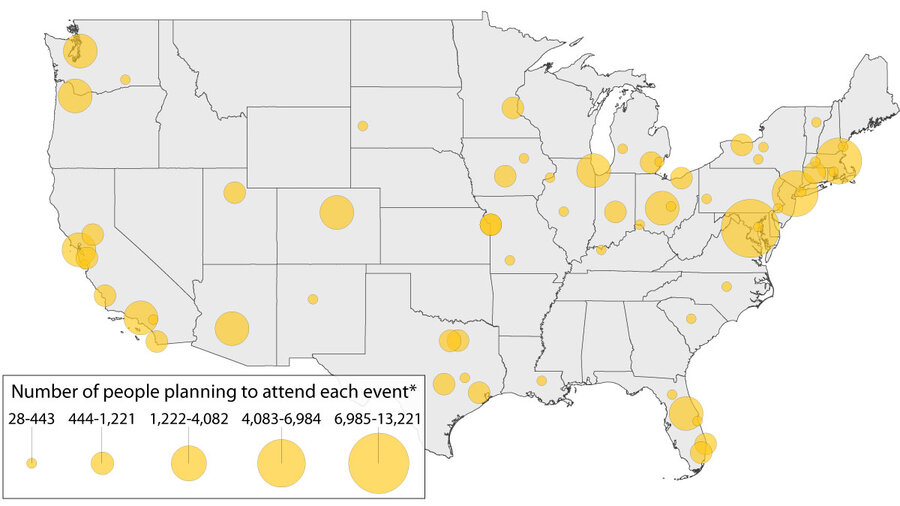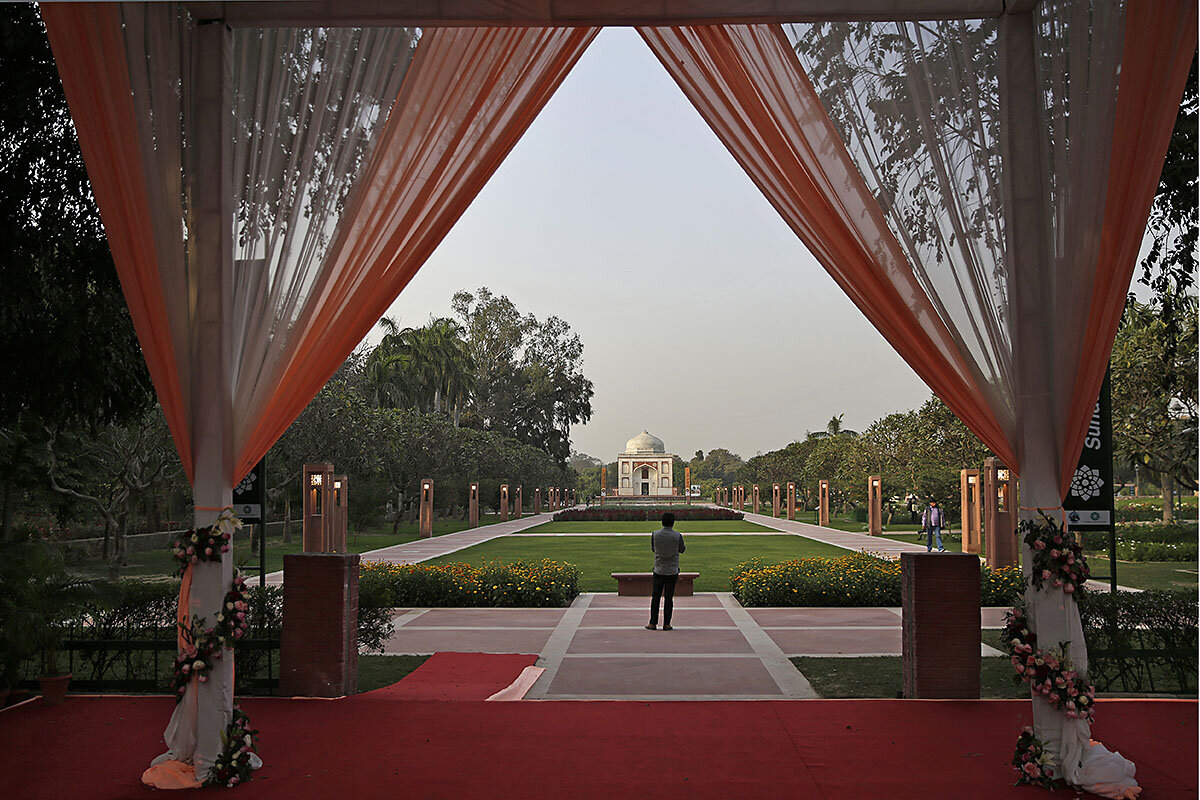Henry Charman says he will never forget the day he heard about the Sandy Hook shooting. His social studies teacher broke down in tears in front of the class. Now, the Parkland shootings have caused the senior to rethink his views of guns. “It’s really hard for me to say, because I am sort of a stereotypical Montanan,” he says. “I own guns and I hunt. But if giving up my guns meant there would be no more school shootings, I would do it in an instant.”
Monitor Daily Podcast
- Follow us:
- Apple Podcasts
- Spotify
- RSS Feed
- Download
 Yvonne Zipp
Yvonne Zipp
The Rev. Billy Graham was so widely admired he was known as “America’s pastor.”
His was a gentler form of evangelism, which refused to speak ill of other belief systems, G. Jeffrey MacDonald writes in a Monitor appreciation of the renowned preacher, who received every honor from the Congressional Gold Medal to a star on the Hollywood Walk of Fame.
“He would say, ‘I’m here to talk about Jesus,’ ” said biographer Grant Wacker.
And while Mr. Graham counseled presidents from Harry Truman to Bill Clinton – becoming the most frequent visitor to the Lincoln Bedroom – he eschewed politics.
“He was never involved in the religious right or the Moral Majority,” said biographer Larry Eskridge. “He had bigger fish to fry, in his mind, and felt that getting involved in politics hurt his attempt to get the message out.”
In the 1950s, the son of a North Carolina dairy farmer found a passion for crossing boundaries: He broke the law in 1953 by removing the ropes that separated black and white worshipers at a Chattanooga revival.
Graham was the first evangelist to speak behind the Iron Curtain. He preached to millions with the Rev. Martin Luther King Jr., and during apartheid, he refused to visit South Africa until the government allowed integrated seating at his events.
As Jeff writes, “being a breaker of boundaries and friend of the scorned certainly didn’t hurt his stature in the legacy of Christendom.”
Jeff was interviewed about Graham today on SiriusXM. Here’s a brief clip from the interview sharing one insight into the late preacher’s popularity.
Now, here are our five stories of the day, highlighting overcoming limitations, the business case for workplace equality, and the nurturing qualities of insects.











